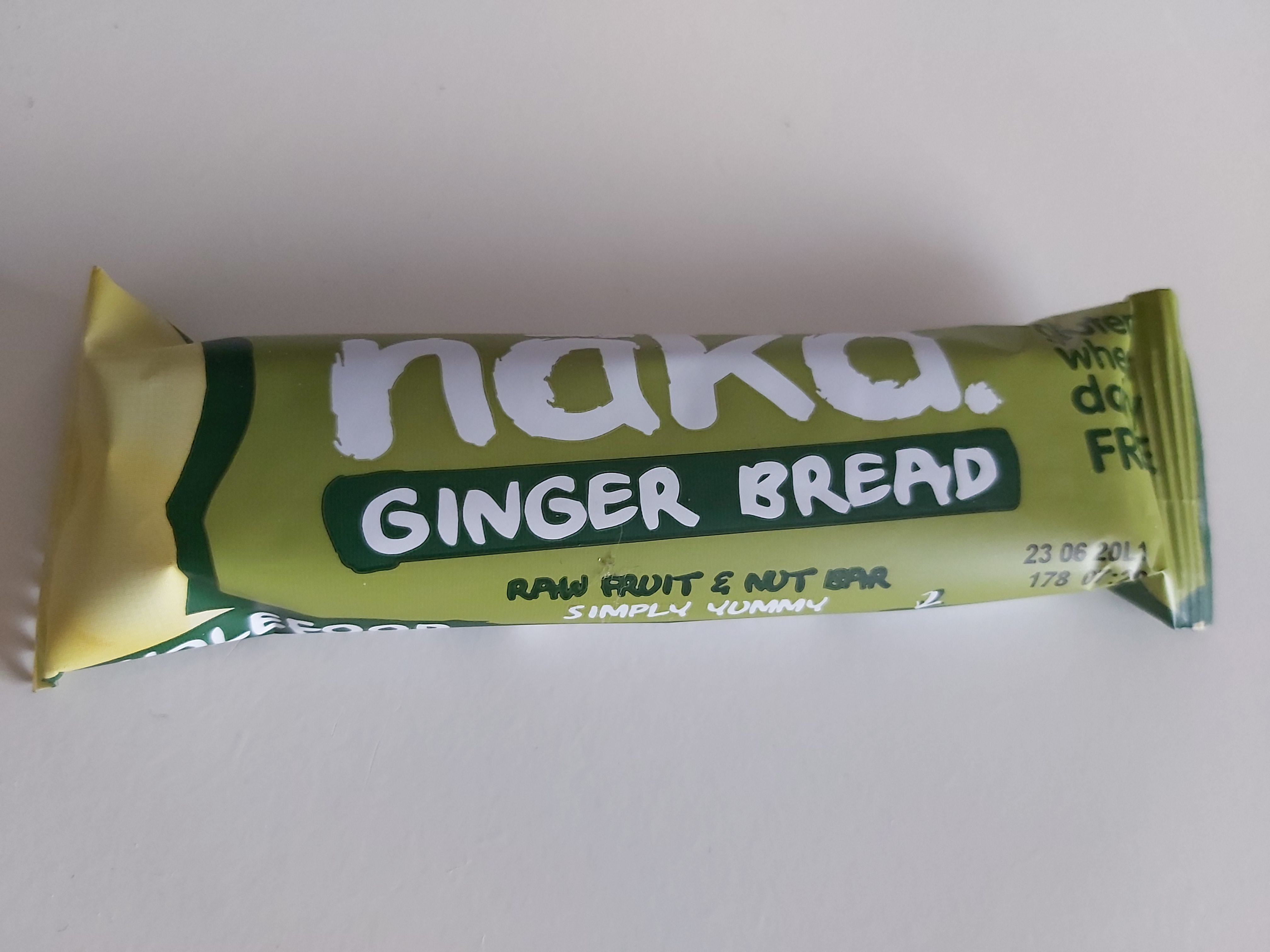Endurance athletes are spoilt for choice when it comes to carb supplements to use on the go. Specific sports bars are a common choice for marathon runners and especially ultramarathoners, but how do they stack up against other non-endurance products?
Sports and running bars
They come in a huge variety of brands and flavours, some with additional electrolytes or caffeine for performance benefits.
These bars are a nice choice over gels, especially for slower paced training runs, when you can chew and run without problems, unlike a race when gels would definitely be easier. Having something to eat can psychologically just be more enjoyable, particularly in summer when gels can become quite warm and suddenly feel less refreshing.
Fruit bars
There’s nothing fancy about these. I’m talking about products like Nakd bars, which are essentially dates, raisins and often nuts which have been compressed into bar form. This is where the “processed foods” argument falls apart a bit because these are processed but have nothing added that isn’t 100% natural.
I don’t recommend these types of bars as snacks since they’re so high in sugar they’ll just make you hungry, but when you’re out running for a couple of hours or more, they’re a great choice.
Nakd and other big brand versions come with a lot more variety of flavours, but a higher price tag although still fairly cheap. Non-branded versions such as Alesto fruit bars from Lidl, are around half the price at 39p each, and whilst limited in flavour variety, have the same ingredients list so likely come from the same production line as the Nakd bars.
Comparisons
Sports bars can be more beneficial compared to fruit bars if you go for the caffeine of electrolyte versions, as it can save you having to take salt tablets or electrolytes/caffeine in drinks, but their cost has always put me off at £1.50 to £2 or more per bar. When using 2-3 per 18-20 miles training run, it’s an unnecessary cost to avoid on top of faster shoe wear. They tend to be solely or mostly glucose-based carbohydrates as well, meaning you have to then get a fructose-only carb source if you want to optimise your fuel intake.
Fruit bars come in at £0.39 to £0.80 each, making them a far cheaper alternative for regular use. These bars, due to being made of fruit, have fructose deriver carbohydrate, making them ideal for pairing with gels (which are usually glucose derived carbs only) or most sports drinks.
For me, the benefits of sport specific bars don’t outweigh the far higher price and often more enjoyable taste and texture of fruit bars. Any gain from additional ingredients is something that can be balanced out using different gels or drinks which would only add around 20p per gel or nothing for drinks. I can then put the savings towards more shoes!
Written by Kyle Brooks, Running Coach based in Norwich, Norfolk

